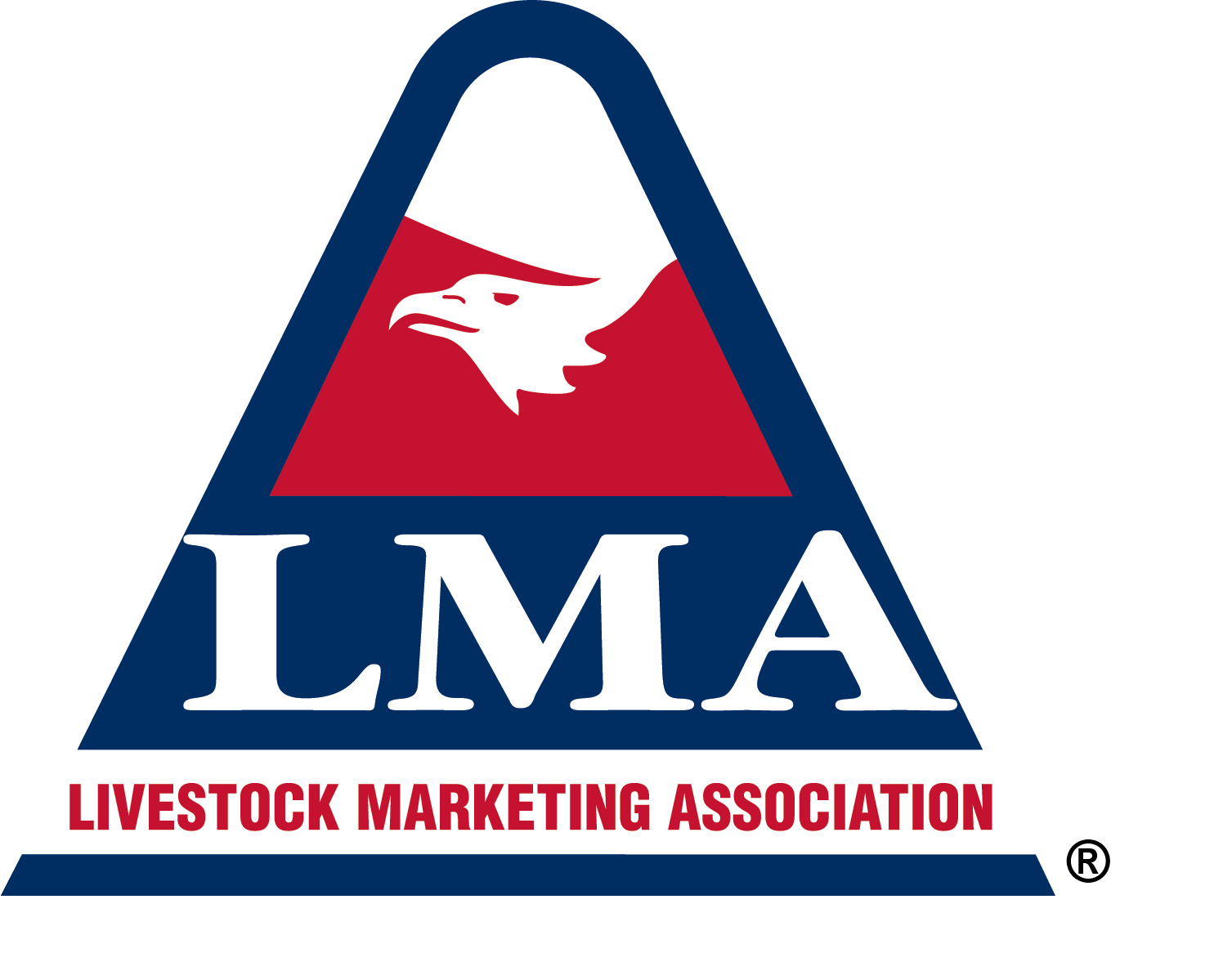PRESS RELEASE
Livestock Producers Need Opportunities
January 16, 2025
We must come together to help create and protect incentives by Joe Nelson
In the Upper Midwest, cattle producers are leaving the industry in droves.
Sure, there are young people who want to replace them — but for most, there are too many barriers to actually do it.
As an auction market owner, I see it week after week. As a cattleman myself, I know what they’re up against.
That’s why Livestock Marketing Association members are working to bring all segments of the industry together to seek out solutions that will strengthen producers’ bottom lines and incentivize the next generation of farmers and ranchers.
As a producer, you can help by starting conversations. No matter the size or location of your farm, I encourage you to share your story and ideas with your network of friends and family and the agricultural groups you belong to.
Recently, I hosted a series of producer profitability events in Lanesboro, Minnesota, Decorah, Iowa, and Coon Valley, Wisconsin, where attendees did just that.
We talked about how it’s becoming more and more difficult to find labor and land. Over-regulation and input costs are burdensome. In my area, just putting in fence is cost prohibitive. Grazing and forage production land is continually lost to conservation reserve programs, wildlife enterprises and absentee landowners who want a weekend escape in the woods.
Many of those who can run livestock are turning away from cow-calf operations. I’ve seen many who have sold their cows in favor of buying feeder cattle in the spring, turn them out on grass and then sell them in the fall so they don’t have to worry about the next six months. This scares me, too, because somebody has to calve these cows.
We need more producers, not fewer. But it’s a hard sell considering the current climate.
The best thing we can do? Keep talking.
You might tell others how competition for land is escalating property values and taxes. And how we must protect special use valuation methods available to agricultural landowners that allow property taxes to be calculated based on productive agricultural value, as opposed to market value of the land.
Or share your thoughts how Livestock Risk Protection, Conservation Reserve Program, Pasture Rangeland Forage insurance and programs providing capital could be adjusted to allow livestock and forage producers to better compete for land.
You might talk about the death tax and how it prevents farms and ranches from staying in the family (or in production). How, at the very minimum, we need to keep the current estate tax cap, which will sunset in 2025.
I believe one of the best existing, but rarely discussed, opportunities for aspiring producers could be taking advantage of filing a Schedule F. The form, which farming businesses use, allows expenses and depreciation to be deducted from their tax bill. These savings could help someone with a job in town to join the family operation or enter the livestock business a little easier.
In short, we need to create more and better opportunities for those who want to be in this business — and the best way to do that is to talk through them.
While we may disagree on some issues, I believe everyone in the cattle industry can agree on this. Let’s come together to unite in this common goal. Our businesses, our rural communities and all who enjoy beef are counting on us.
Joe Nelson, a livestock auction market owner and cattle producer, serves on Livestock Marketing Association’s board of directors. He operates the Lanesboro Sales Commission, Lanesboro, Minnesota, and Decorah Sales Commission, Decorah, Iowa.

About the Livestock Marketing Association
The Livestock Marketing Association (LMA), headquartered in Overland Park, Kan., is North America’s leading, national trade association dedicated to serving its members in the open and competitive auction method of marketing livestock. Founded in 1947, LMA has more than 800 member businesses across the U.S. and Canada and remains invested in both the livestock and livestock marketing industries through member support, education programs, policy representation and communication efforts.
